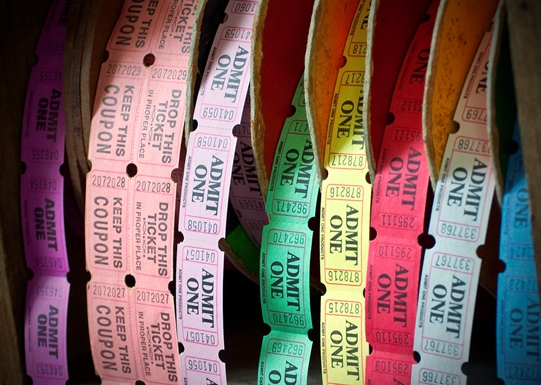The discounting of cinema tickets among some independent operators, Reading, Hoyts and Event Cinemas is so prevalent that some executives describe the practice as “a cancer” which is threatening at the industry.
They decry the pricing of tickets at $10 and below as a race to the bottom which is undermining the value of watching films on giant screens with Dolby Atmos sound in luxurious seating.
While discounting has been happening for years, particularly in cinemas in rural and regional areas, one veteran industry executive told IF: “It’s the worst it has been for a very long time.”
Distributors, who have no say in prices set by exhibitors, have privately voiced concern about the level of discounting, which eats into their film revenues.
Reading’s move to slash prices across-the-board to $10 over the past 12 months or so forced Hoyts, Event and some independents to reduce their prices at cinemas which are in the same catchment area.
For example, in South Australia, Hoyts charges $10 at its Tea Tree Plaza Cinema as does Event at Arndale. In south-west Sydney Hoyts Bankstown and Blacktown tickets cost $13 while those at Reading Auburn are $10. Reading does charge a premium for its Gold Lounge and premium formats.
In Queensland some independents are charging as little as $5-$6, which means the distributor’s share is $2.
In New Zealand, which led the way in discounting, some Hoyts cinemas sell tickets for $NZ8.50 versus $NZ10 for Reading.
Village Cinemas has held the line on pricing. Reading, the major chains and distributors declined to comment for this story.
However Majestic Cinemas CEO Kieren Dell told IF he dislikes $10 pricing across-the-board because that attaches the same value to watching a blockbuster like Wonder Woman to seeing a dud like Baywatch.
Dell is a proponent of flexible pricing through the movie clubs at his seven cinemas in rural NSW and Queensland and via targeted promotions.
In the next couple of months he will roll out the Choovie platform at his circuit, a form of dynamic pricing which means that while patrons will continue to pay the usual price for A-list movies in their opening weekend they can spend $7 or $8 or so to see a film several weeks into its run, or a title which underperforms.
As a counterpoint to the industry’s concerns about pricing, Independent Cinemas Australia, whose 82 members represent 25-30 per cent of the exhibition sector, has asked the Australian Consumer and Competition Commission for a 10-year exemption to cartel law.
ICA wants its members to be allowed to collectively negotiate terms with each of the major and independent distributors, arguing that, individually, exhibitors have very little bargaining power compared to the major chains.
In its submission ICA said it does not envisage any likely detriment to the public, especially as neither ICA members nor any distributor will be compelled to engage in the proposed collective bargaining if authorisation is granted.
While the code of conduct between distributors and exhibitors acknowledges both parties should engage in fair negotiation of terms of supply, ICA says there are significant practical limitations on how many independent exhibitors are offered an opportunity to negotiate, either on a weekly basis or at all. “The volume of content and the market conditions mean films are often supplied on a ‘take it or leave it’ basis,” it says.
The submission adds: “The collapse in physical home entertainment revenues and disruptive changes in digital content and marketing have resulted in theatrical distributors coming under increasing pressure to appropriate a higher share of revenues from theatrical exhibition and, consequently, changing customary contractual practice to do so.
“This has a disproportionately high negative impact on ICA member exhibitors who are not able to negotiate either the individual films or the standard terms of supply, especially if the films offered are ‘must have’ for the commercial survival of the cinema.
“This may directly impact consumers by reducing the diversity of films and other content available to screen at their local cinema and by increasing the price that exhibitors must charge to incorporate distributor requirements and still operate a sustainable local cinema business.”
Public submissions to the ACCC inquiry close July 14. The ACCC intends to issue a draft determination in August and, following public consultation, a final determination in September/October.


